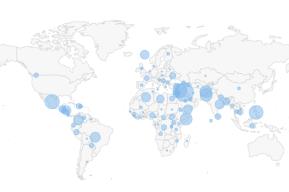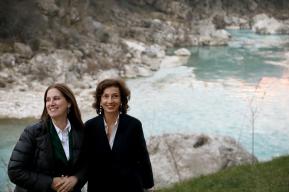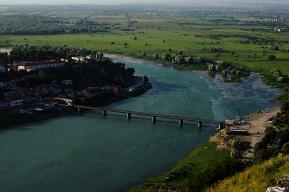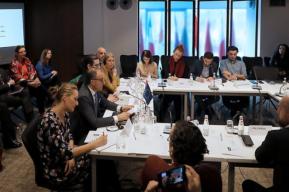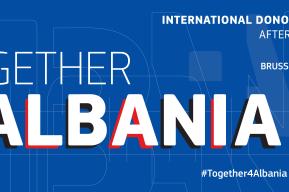News
With UNESCO’s support, the Albanian Media Council becomes operational

Thanks to UNESCO’s support within the EU-funded project “Building Trust in Media in South East Europe”, the Albanian Media Council is receiving funding to set up an office and a website, to start operating and to take part in various training and international events.
“It is a very good development for the region and for Albania. An enabling environment for freedom of expression and a self-regulatory deontological framework are essential elements to ensure that the press can freely and fully perform its task of informing the citizens,” said UNESCO Programme Specialist Marius Lukosiunas.
Officially registered in December 2015, the Albanian Media Council is the newest self-regulatory body in South East Europe. The signing of a partnership with UNESCO in summer 2017, enabled the setting up of its office in September 2017 and the organization of its first board meeting in October 2017.
“The formal launching of our new media council was a long awaited moment. Albania has been lacking a stable and independent institution to handle readers’ complaints about media’s professional ethics. Now that we have managed to set up a self-regulatory body, we need to promote it and make sure that it is being used by our citizens,” said Sokol Shameti, a founding member of the Albanian Media Council.
As part of the project activities, the Albanian Media Council also launched its website, a key tool to communicate on the role and benefits of media self-regulation and hopefully to start receiving complaints from Albanian citizens about the potential breach of the journalistic code of ethics.
“We need to be visible as an institution working in the interest of the readers and media consumers in Albania. Thanks to our new website, we hope that citizens will better understand that they have the right to seek and receive proper ethical information and that they have a right to complain in case they are not satisfied. The project is also trying to start the foundations of a database recording the breaches of the Albanian code of ethics through close monitoring of online media” continued Koloreto Cukali, another founding member of the body.
The website ─ available in Albanian and English ─ features a code of ethics section, a collection of the decisions of the press council and a complaint form. To be accepted, a complaint must refer to a specific breach of the journalistic code of ethics such as non-compliance with the principles of « accuracy, fairness, and balance in the printed and digital news report ». Moreover, the complaint can only be accepted if the news organization presumed to have breached the code of ethics was contacted. The decisions taken by the media council will be kept in a database, accessible online. The website also provides a list of links to other Albanian authorities involved in media regulation.
"In parallel to increasing our visibility towards the population, we also focus our work on getting as many journalists and media organizations joining the Media Council and adhering to the code of ethics. There has been resistance in the past but I am optimistic, as the need for self-regulation has become much more apparent than before. Albanian journalists know that they need to rely on each other", said Blendi Salaj a founding member of the Albanian Media Council.
The Project Building Trust in Media in South East Europe aims to support freedom of expression, access to information and free, independent and pluralistic media by reinforcing national media accountability mechanisms, increasing media internal governance and strengthening media and information literacy.
Website of the Albanian Media Council: http://kshm.al/en/albanian-media-council/




